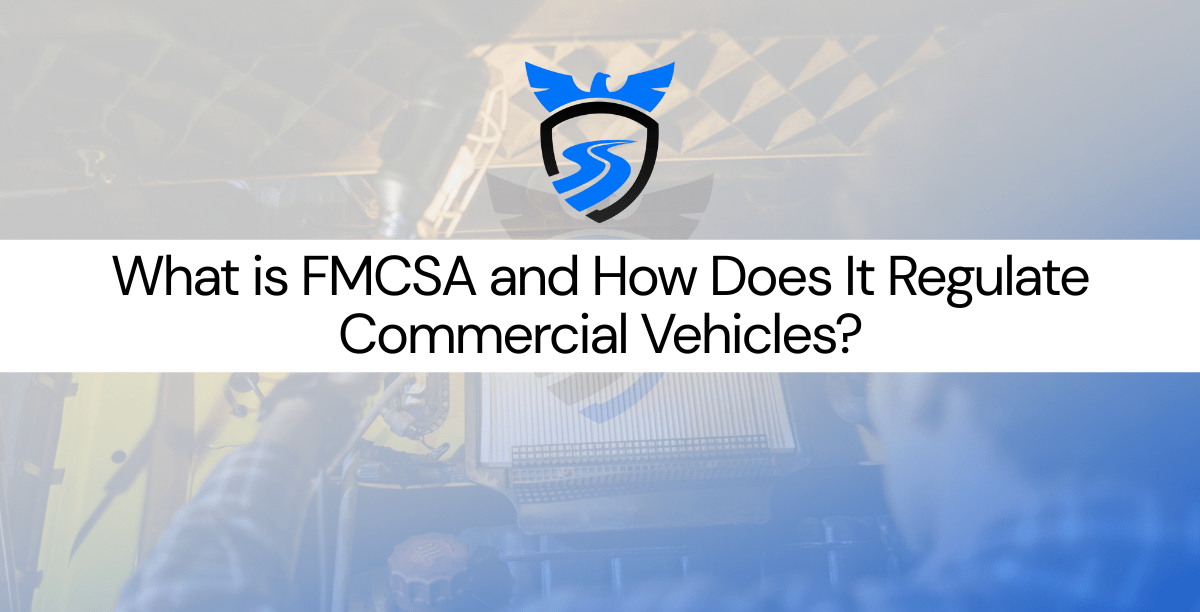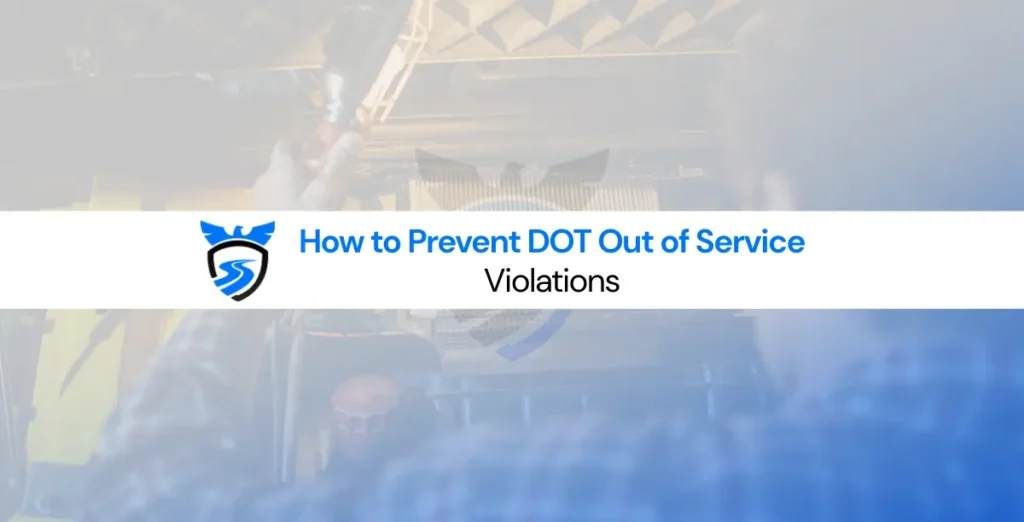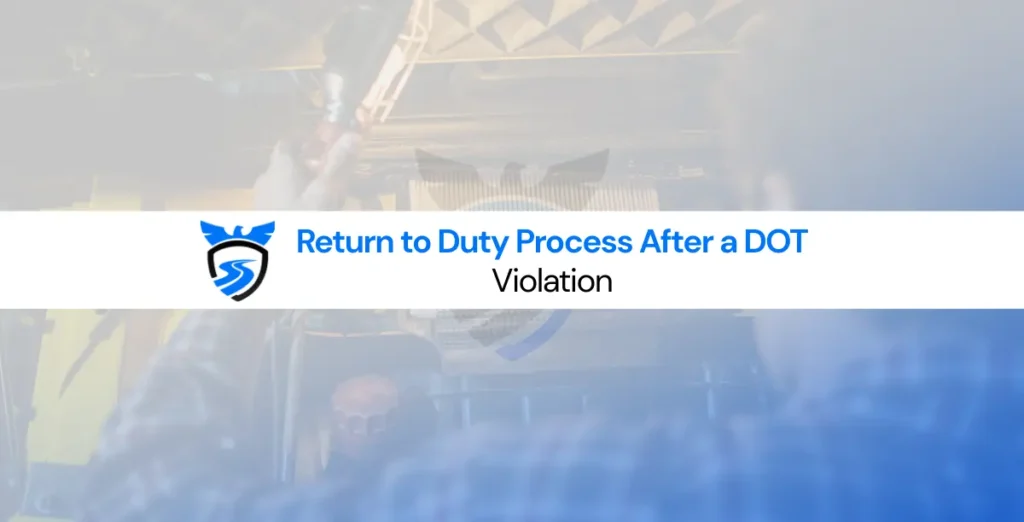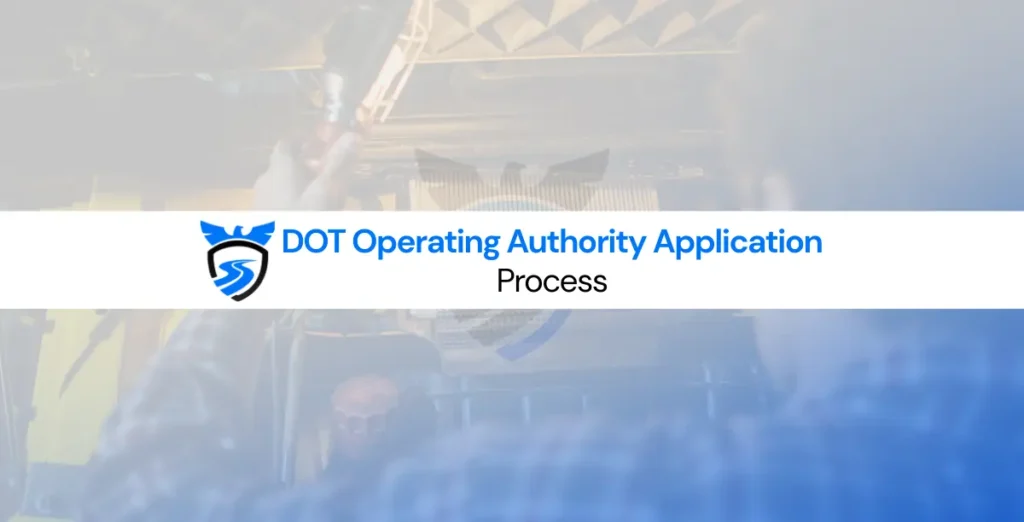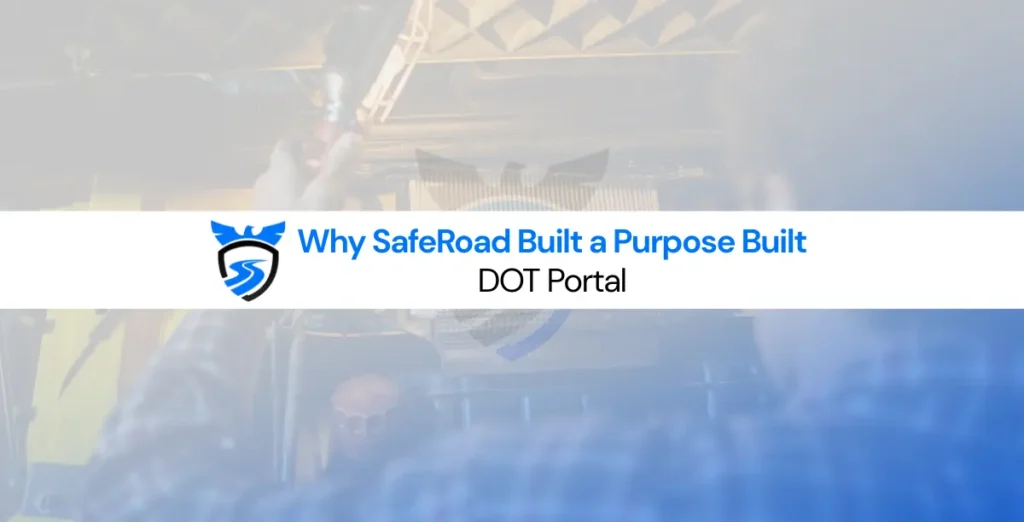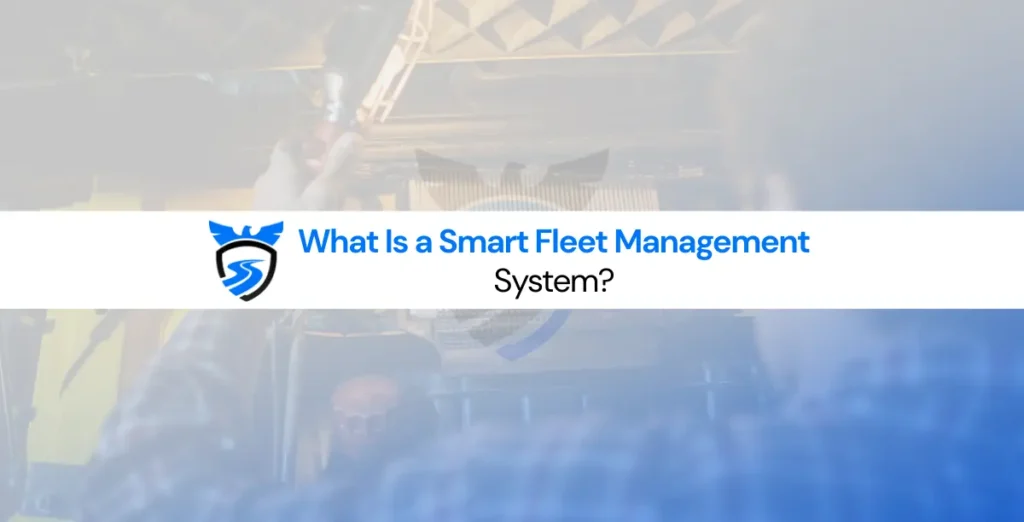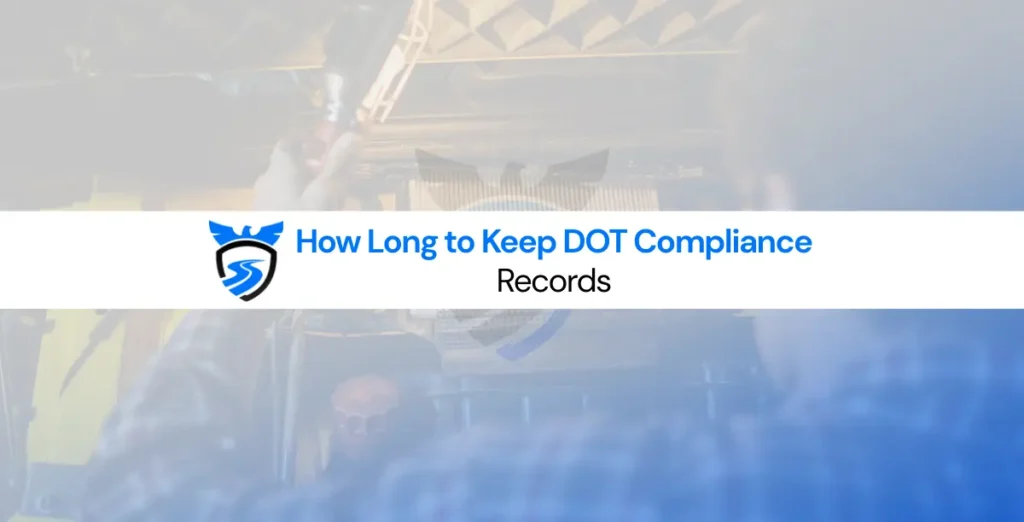Introduction
In the world of commercial transportation, safety and compliance are critical. At the heart of these efforts is a key regulatory body: the Federal Motor Carrier Safety Administration (FMCSA).
But what exactly is FMCSA, and how does it regulate commercial vehicles in the U.S.? In this article, we’ll explore the agency’s purpose, the rules it enforces, and why businesses must understand and follow its regulations to avoid penalties and promote roadway safety.
What is FMCSA?
The Federal Motor Carrier Safety Administration (FMCSA) is a division of the U.S. Department of Transportation (DOT). Established in 2000, FMCSA’s primary mission is to reduce crashes, injuries, and fatalities involving large trucks and buses on American highways.
It oversees commercial vehicle safety by regulating:
- Commercial driver licensing
- Hours of Service (HOS) rules
- Drug and alcohol testing programs
- Vehicle inspection and maintenance standards
- Safety audits and enforcement actions
FMCSA is the backbone of the DOT compliance framework. To understand how FMCSA fits into this, read our guide:
Guide: What is DOT Compliance?
Key Functions of the FMCSA
1. Enforcing Safety Regulations
FMCSA sets and enforces safety standards for interstate motor carriers, including:
- Driver medical qualification requirements
- Vehicle maintenance recordkeeping
These standards ensure that both the vehicles and their operators are fit for the road.
2. Hours of Service (HOS) Regulations
To combat driver fatigue—a leading cause of road accidents—FMCSA has strict rules on how long drivers can be on duty.
Key limits include:
- 11 hours max driving after 10 consecutive off-duty hours
- 14-hour total on-duty limit in a workday
- 60/70-hour max on-duty over 7/8 consecutive days
These rules are monitored via Electronic Logging Devices (ELDs), which are now mandatory for most commercial vehicles.
3. Driver Qualification and Licensing
FMCSA requires that all commercial motor vehicle (CMV) drivers meet specific licensing and qualification standards, including:
- Holding a valid Commercial Driver’s License (CDL)
- Passing a medical exam
- Undergoing background checks and safety performance history reviews
All these documents form part of the Driver Qualification File (DQF)—a core component of DOT compliance.
4. Drug and Alcohol Testing Programs
FMCSA enforces a rigorous drug and alcohol testing program for safety-sensitive employees. Testing is required:
- Before employment
- Randomly
- After accidents
- If there is reasonable suspicion
Employers must maintain testing records and submit annual reports through the FMCSA Drug & Alcohol Clearinghouse.
5. Safety Audits and CSA Scoring
FMCSA conducts New Entrant Safety Audits for first-time carriers and ongoing Compliance Reviews to ensure companies follow the law.
It also uses the Compliance, Safety, Accountability (CSA) program to assess carriers’ safety records through:
- Roadside inspections
- Crash reports
- Investigation results
Each carrier receives a BASIC score in areas like Driver Fitness, Vehicle Maintenance, and Unsafe Driving.
Who Must Comply with FMCSA Regulations?
FMCSA regulations apply to any motor carrier operating a commercial vehicle in interstate commerce if the vehicle:
- Has a gross vehicle weight rating (GVWR) of 10,001 lbs. or more
- Transports hazardous materials requiring placarding
- Carries 8+ passengers for compensation or 15+ without
Failure to comply can lead to:
- Civil penalties
- Loss of operating authority
- Safety rating downgrades
- Business shutdowns
How FMCSA Impacts Your Business
If you’re in the trucking, freight, logistics, or passenger transport industry, FMCSA affects nearly every part of your operations—from hiring drivers to maintaining trucks to scheduling routes.
Non-compliance isn’t just a legal risk; it’s a threat to your business reputation and bottom line.
That’s why many companies choose to partner with experienced DOT compliance service providers.
Conclusion
The FMCSA plays a vital role in keeping America’s roads safe. For businesses operating commercial vehicles, understanding FMCSA’s responsibilities—and staying compliant with its rules—is non-negotiable.
By investing in strong compliance practices or working with a trusted partner like SafeRoad Compliance, you can stay ahead of regulatory challenges and focus on growing your business safely.
Need help staying FMCSA compliant?
Contact SafeRoad Compliance today for customized support and solutions.
